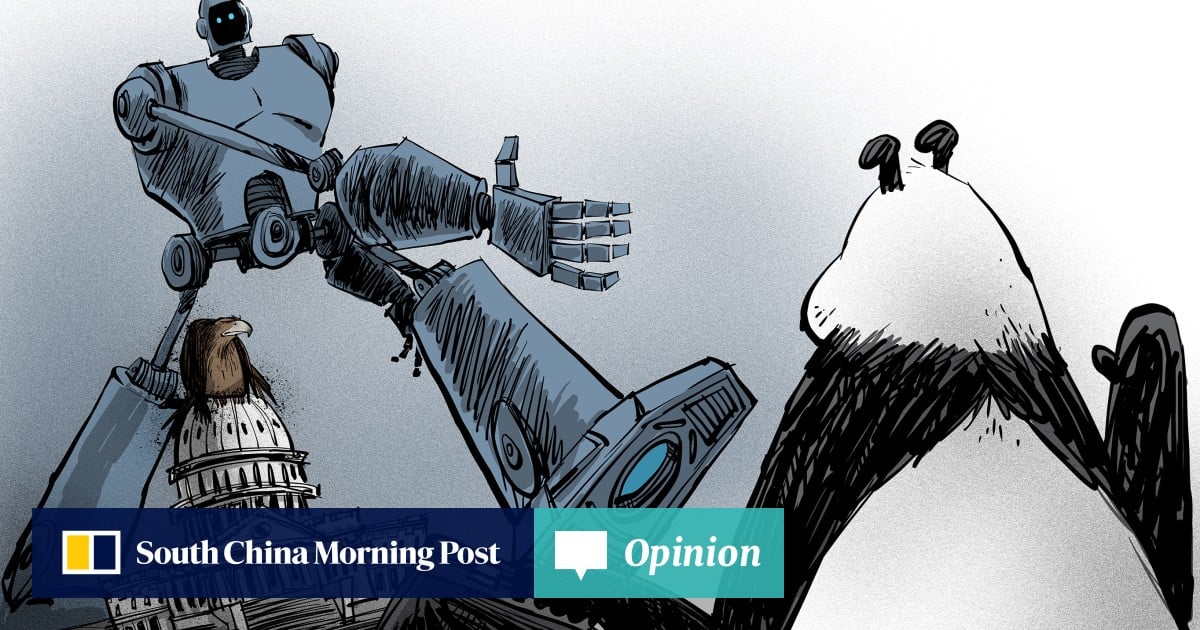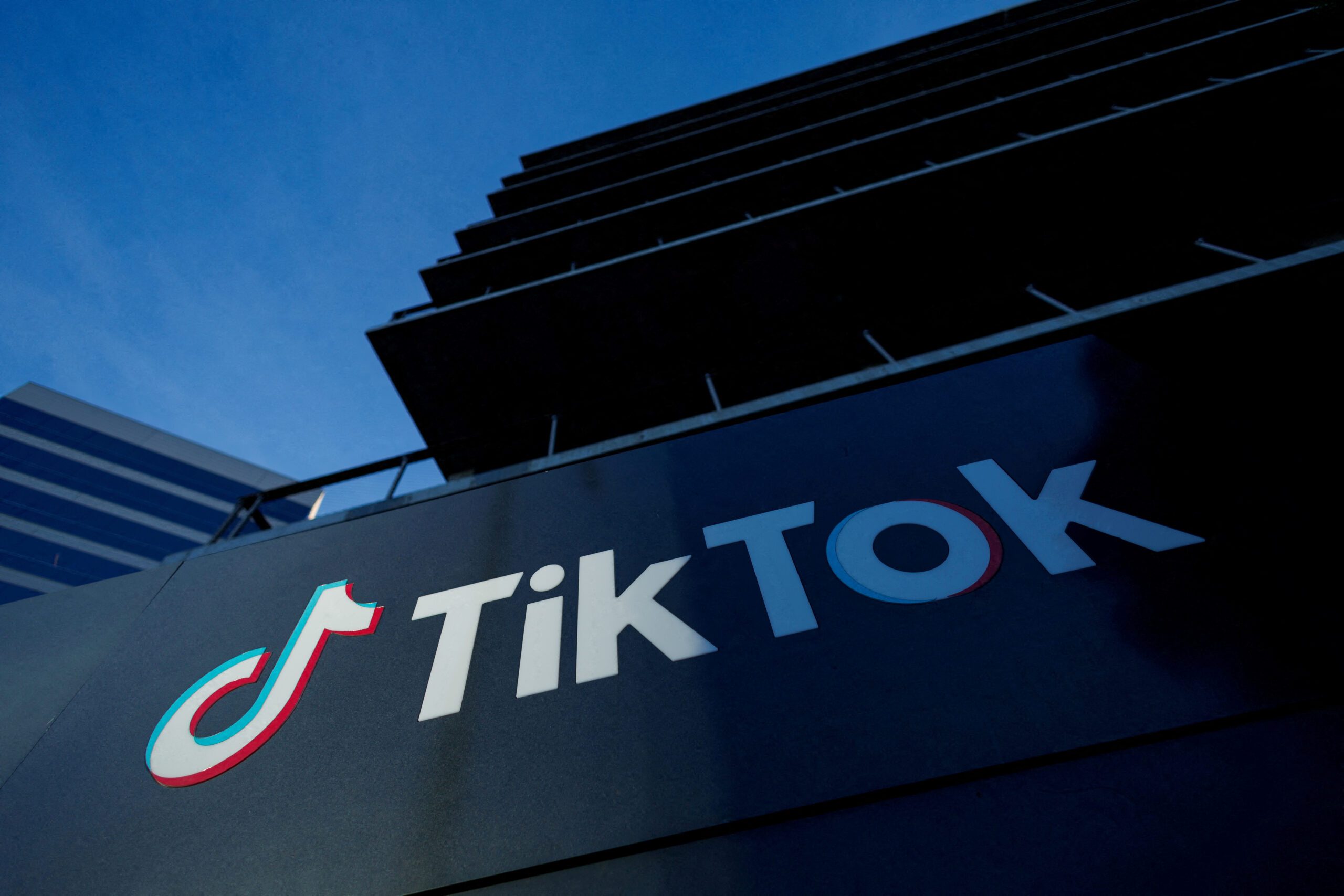TAIPEI, Taiwan — Over the next decade, Taiwanese authorities and major chipmakers will invest at least $300 million in graduate programs for the semiconductor industry, in an effort to safeguard the island’s chip economy as the United States and China attempt to cultivate their own expertise and bring production onshore. The world’s largest chipmaker, Taiwan Semiconductor Manufacturing Co., as well as local competitors MediaTek and Powerchip Semiconductor Manufacturing Co., told Nikkei Asia that they will support the push to create more high-end chip schools. Talented personnel, according to the corporations, are critical to maintaining the semiconductor industry competitive — a sector that is intimately related to national security. When large enterprises asked governmental aid to alleviate the talent shortage around May last year, President Tsai Ing-wen and Vice Premier Shen Jong-chin pushed the talent cultivation plan, according to a person with direct knowledge. “More than a dozen chip companies — from design to manufacturing to packaging and testing — actively participated in the discussions for chip schools,” the source told Nikkei Asia. “They foresee that demand for high-skilled chip talent will be even higher in the coming years, and that this is an urgent problem that needs to be solved soon.” Taiwan’s move comes as the United States and China, the world’s two largest economies, compete for leadership of the global tech industry. Both countries are speeding up their semiconductor talent development plans. According to a White House supply chain assessment report released last month, the US “has an immediate need for highly trained people in the semiconductor industry,” with 77 percent of chip executives surveyed stating that the industry is experiencing a critical labor shortage. “As China seeks out more international talent, keeping these students in the United States helps to support the local semiconductor industry while also preventing competitors from getting the talent needed to overtake the United States,” according to the research. China, on the other hand, has stated that one of the country’s main challenges in developing a competitive indigenous chip sector is a scarcity of semiconductor talent. Over the last few years, the world’s second-largest economy has increased the number of microelectronics schools, predicting that by 2022, an extra 230,000 engineers will be needed to meet demand. On Thursday, Peking University, a prestigious university in the Chinese capital, opened its first integrated circuits school. Officials from the Ministry of Science and Technology, as well as academicians from the Chinese Academy of Sciences, attended the occasion. Taiwan’s semiconductor industry, which ranks second in the world only to the United States, has been plagued by a lack of expertise for years as the industry pursues cutting-edge technologies. According to Ministry of Education data, the number of Ph.D. students majoring in tech-related subjects decreased from 23,261 in 2010 to 16,950 in 2020. China is also enticing highly qualified and experienced semiconductor engineers. In 2019 and 2020, two Chinese government-backed semiconductor initiatives will hire more than 100 TSMC senior engineers and managers. More than 3,000 residents had departed the island for China by the end of 2019. In April, the Tsai administration urged local and international recruitment platform providers and headhunters to delete all advertising for opportunities in China, in an effort to stem the exodus of talent across the Taiwan Strait.
Taiwanese chipmakers have been urging President Tsai Ing-administration wen’s to address the talent shortage. According to Reuters
Taiwanese chipmakers have urged the Tsai administration to address the talent deficit. This year, legislators passed a bipartisan bill that loosens education-related laws, allowing universities to establish graduate schools that can operate independently and attract funding from leading tech firms and Taiwan’s top industry funding vehicle, the National Development Fund, for critical areas such as semiconductors and artificial intelligence. However, the law stipulates that the new institutions “cannot collaborate with Chinese firms or accept funding from Chinese corporations.” According to the law, the new institutions must also keep track of their students’ employment paths after graduation and “should encourage them to pursue a career in Taiwan as their top objective.” Beijing considers democratic Taiwan to be a part of its territory, which it may recapture by force if necessary. In an interview with Nikkei Asia, Chu Chun-chang, director-general of Taiwan’s Ministry of Education’s Department of Higher Education, said the ministry has received applications from four top Taiwanese universities to establish new schools that will nurture future high-end talent in semiconductors and artificial intelligence while receiving ongoing support from industry players. According to Chu, each new chip college will require at least 200 million New Taiwan dollars ($7 million) in annual funding, with an outside commitment of at least eight to twelve years. Over the following 12 years, the first four chip schools will get at least $300 million in funding, with the amount increasing as more schools and programs join the program. According to Nikkei Asia, TSMC, for example, will devote at least NT$100 million per year to the four institutions for at least the next ten years. According to Nikkei Asia, Powerchip Chairman Frank Huang plans to invest NT$100 million per year. TSMC spokesperson Nina Kao told Nikkei Asia that the company’s budget has not yet been determined, but that it will invest no less than the state’s commitment and will collaborate with the four new institutions in the long run. “We do see a need for high-end chip talent for the entire supply chain in the years to come,” Kao added. “Since last year, we’ve been running a scholarship program for Ph.D. students because we believe it’s critical to grow the high-end R&D workforce, not only for TSMC, but for the entire chip ecosystem.” “In order to have a competitive chip sector, we need to constantly expand the talent pool, because talent comes and goes,” Powerchip’s Huang remarked. “All of the big economies are working on it, and we believe Taiwan’s crown jewel semiconductor sector must accelerate chip education to maintain its long-term competitiveness.” All of these chip schools will have to seek funding from private enterprises on their own, while Taiwan’s National Development Fund would match the cash raised by each college, according to Chu of the Education Ministry. Aside from semiconductors, Taiwan is trying to hire more people in fields such as artificial intelligence, cybersecurity, and future fintech, according to the official. National Yangming Chiaotung University, the alma mater of numerous tech executives like TSMC CEO C.C. Wei and Foxconn Chairman Young Liu, is the first of Taiwan’s four major institutions to be granted permission to establish a new innovation school. Vice President Chen Yung-fu told Nikkei Asia that preparations will begin next month, including the establishment of research centers, the appointment of a dean, and the formation of a supervision committee. It plans to admit more than 120 master’s and Ph.D. students per year beginning in the spring semester of 2022. Seven leading Taiwanese tech companies, including TSMC, Foxconn, Powerchip, MediaTek, Novatek, Wistron, and Advantech, have pledged a total of NT$165 million per year for up to 12 years to the institution. The National Development Fund of Taiwan is projected to invest in a similar amount. “The new school is self-contained, with its own budget, board of directors, and management team. More top international professors and industry leaders are expected to attend as a result of this “Chen stated that he aspires to be a professor. He went on to say that the school will better integrate industry operations and scientific research, and that it would be run like a “successful medical school,” with research and clinical experience integrated. According to Chen Pei-li, deputy director of the Industrial Development Bureau, semiconductors are one of Taiwan’s most important national strategic sectors. “As semiconductor technologies advance approaching their physical boundaries, the current educational system is unable to keep up with fostering the right abilities that chip firms seek,” Chen explained. “As a result, businesses want to be more involved in education,” says. “It’s not simply about making a monetary donation. The companies also assist in the customization of curricula and the recruitment of qualified teachers, which are the most difficult aspects.” Semiconductor chips, the heart and soul of products and technologies ranging from smartphones to data center servers and supercomputers to space and military technology, are intimately linked to national security. The United States, China, Europe, and Japan are all pushing to expand their advanced chip manufacturing capabilities. According to Nikkei Asia, TSMC, whose 5-nm chip production technology is now the most sophisticated in the world, is establishing its first cutting-edge semiconductor plant in Arizona while also evaluating plans to build a factory in Kumamoto, Japan. During the US-China tech war, the strategic importance of Taiwan’s semiconductor industry has been stressed, and it has been emphasized even more now that the world is experiencing unprecedented chip shortages affecting industries ranging from cellphones and PCs to vehicles. Major car-producing economies such as the United States, Germany, and Japan have all approached Taiwan for assistance in alleviating the worldwide crisis./n
Read More




